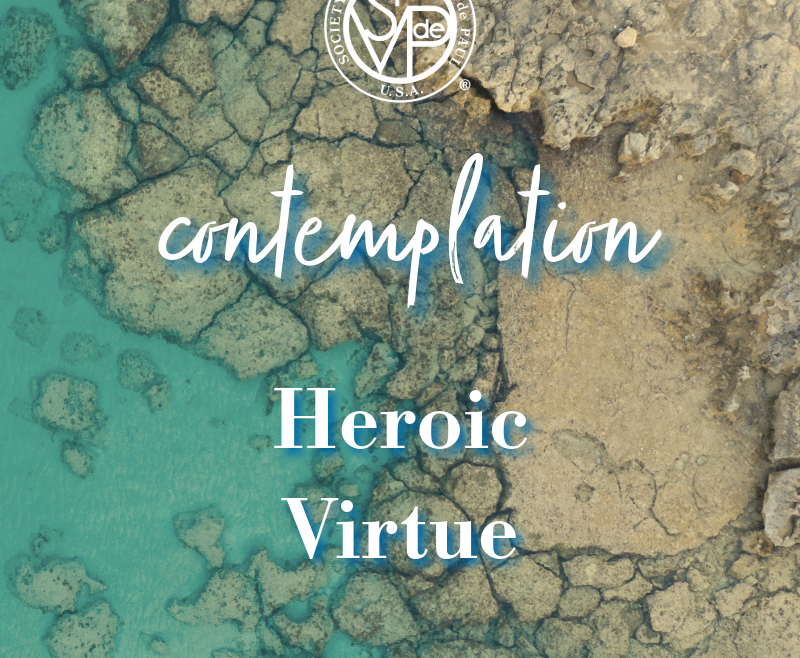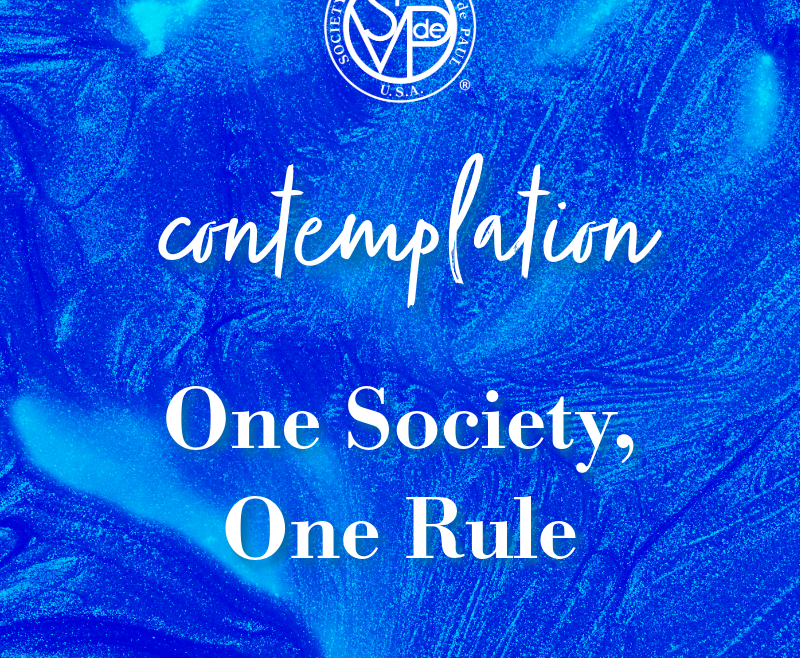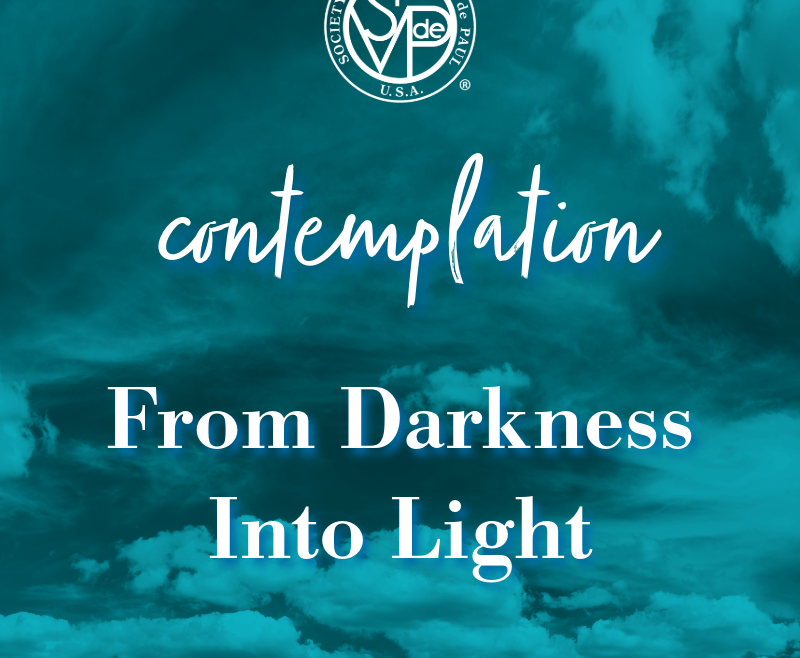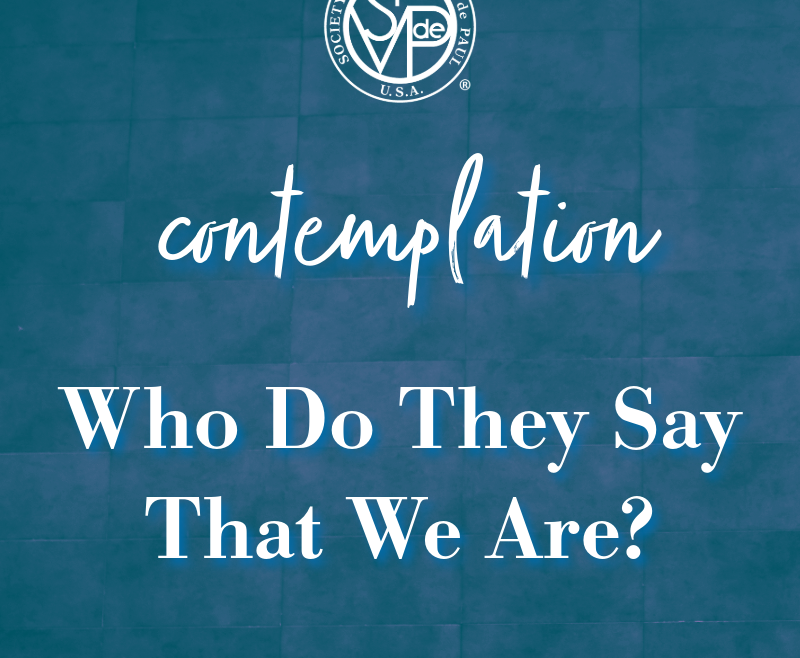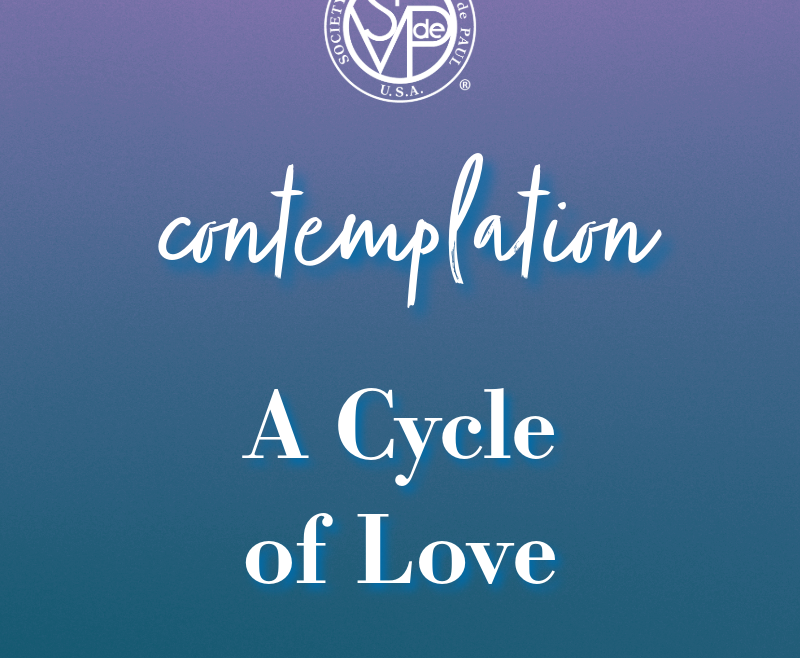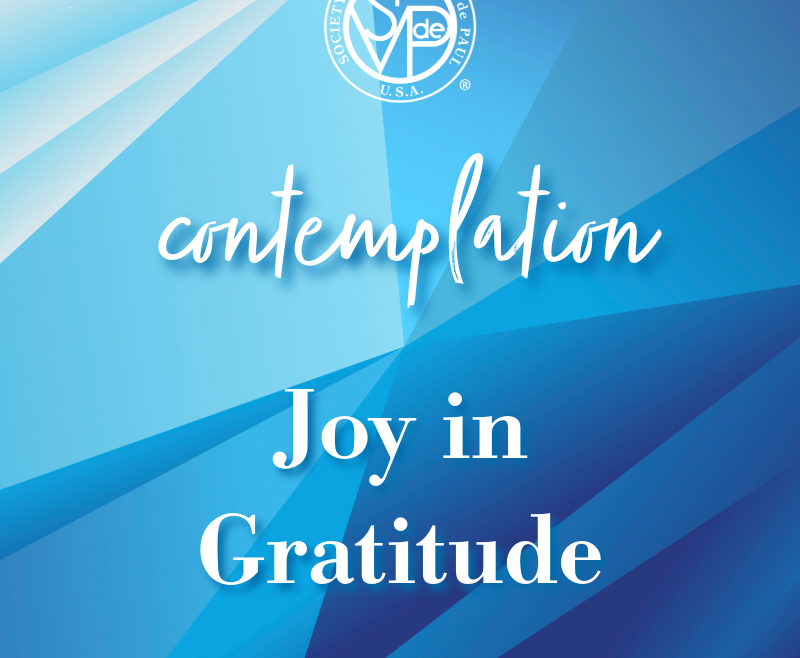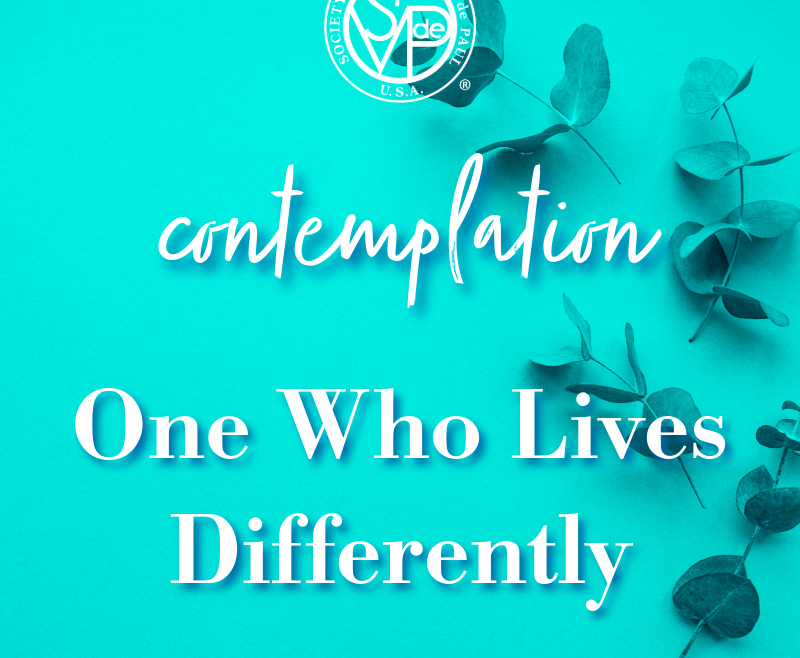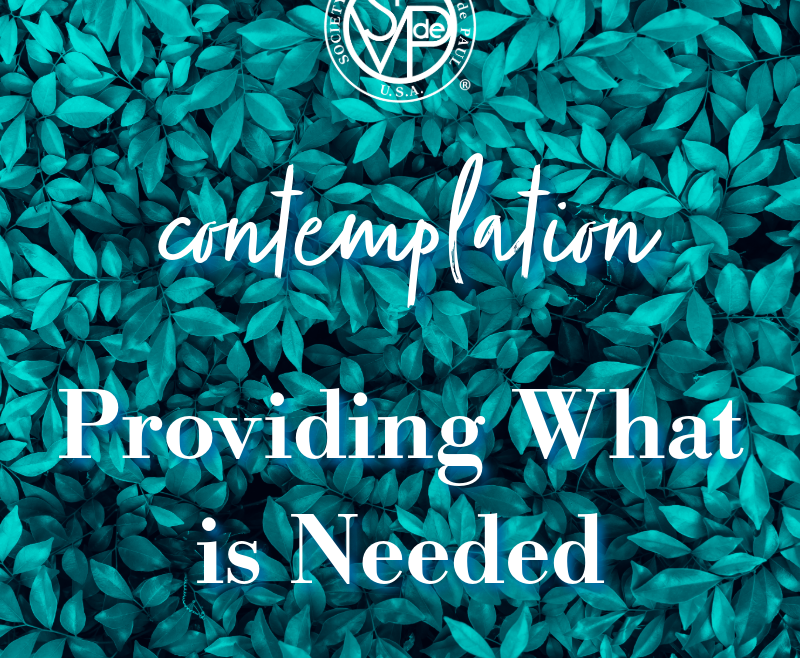By Timothy Williams, Senior Director of Formation and Leadership Development
The word “courage” often brings to mind images such as a firefighter rushing into a burning house to save a child, or a soldier making his way under fire to help a downed comrade. Among our Vincentian saints and blessed, few examples are more vivid than that of Bl. Rosalie Rendu, who, during the revolution in 1848, climbed atop a barricade in the midst of some of the fiercest fighting in the city, demanding that they cease fire. Just days prior to this, the Archbishop of Paris, attempting a similar act, had been shot dead. For Rosalie, both sides paused in their hostilities.
What is courage, exactly, and in what sense did our holiest Vincentians pray for God to grant it to them? Rosalie prayed to God “to grant me the spirit of faith which will strengthen me in my weakness and give me the courage to make the sacrifices that He asks of me.” [Sullivan, 104] The courage she sought was not to overcome trials or danger, but to overcome her own weakness; to overcome herself.
St. Louise was even more explicit in explaining this, saying “We need great courage to overcome ourselves, although often the things we call trials are more imaginary than real.” [SWLM, L.438] As she understood, it is not the difficulty of the trials that prevents us from acting, since many of them are not even real. Rather, it is our own fear, our own egos.
St. Vincent urged the missioners to “always be very courageous” because otherwise “that cursed spirit of laziness gives up at the smallest contradiction: there’s not the slightest discomfort it doesn’t avoid, no responsibility it doesn’t fear, no satisfaction it doesn’t seek; this self-love ruins everything.” [CCD XI:216] We associate courage with heroism; Vincent associated courage with selflessness. This is not a contradiction, as Rosalie’s great heroism shows. Rather, selflessness is a prerequisite to heroism, and it is the selflessness that requires courage. We recognize this same thing in our military heroes, whose award citations often include some form of the phrase “with complete disregard for his own life and safety.”
Courage is of the heart, which is the Latin root of the word. As Frédéric once put it, “I admire that courage which knows restraint in the face of a stricken family, and that praiseworthy smile which shines like a parting ray in the midst of the most somber thoughts. But I love not less those solitary tears shed in the silent room at the foot of the crucifix…whatever is strong is not what stands stiffly, but what straightens up after bending.” [290, to Amélie, 1841]
The first step towards canonization in our church is the recognition of a life of “heroic virtue,” which doesn’t begin with courage under fire, but with courage to overcome ourselves.
Contemplate
Do I pray for the courage to give more of myself?

